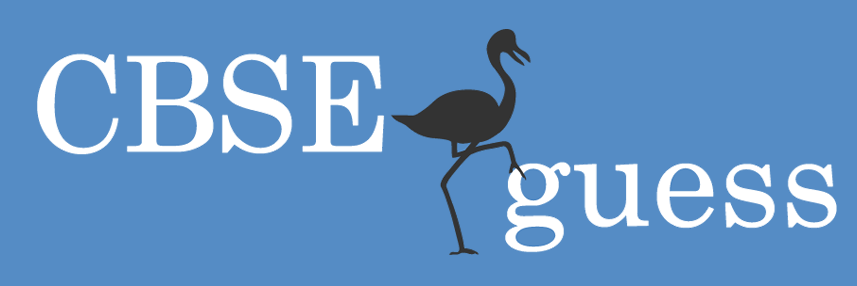The Safe Way to Bank Online
Use the right protection and your online banking can be fun, satisfying and safe!
Simple safety and security measures are a part of our everyday life. Just as you would (or should) go for a thorough health screening every couple of years, or draw the curtains before an intimate moment to shut out prying eyes, you should likewise take similar precautions when doing online banking.
This is especially so since it appears that the recent security breaches at another bank occurred because the home/office PCs of the 22 affected customers were hacked into and their internet banking passwords stolen. This probably happened because their PCs were inadequately protected.
We strongly recommend that you take simple security measures to protect your own PC if you have not already done so. To do this, we suggest that you do the following :
1) Regular health screening
Check your PC regularly for disease. Install a good antivirus software such as Symantec’s Norton AntiVirus or McAfee and update it regularly. These are available at http://www.symantec.com or at http://www.mcafee.com or you can buy it from software shops in Sim Lim Square, Funan Centre or the Challenger outlets
2) Draw the curtains to shut out prying eyes
You should also run a simple personal firewall to block out attempts by hackers to look into your PC and steal data there. One such freeware is Zonealarm which can be downloaded free from http://www.zonealarm.com
Clear your cache and history – Whenever you surf the web, a record of the webpages that you visit are kept in the “History” and in the browser’s “Cache”. This is done so that if you visit the same site again later, your PC will be able to retrieve the webpage from the cache instead of downloading it all over again from the internet, taking up time and bandwidth. This feature however presents a security risk as anyone who gets hold of your PC can likewise open the cache and the history to look at all the pages that you recently visited. We therefore recommend that you clear the cache and history whenever you logout from internet banking; or for that matter from any other website that you would not want your spouse, boss or friends to know that you visited!
Disable the “Autocomplete” function in your browser – If you use Internet Explorer as your browser, you should disable the “autocomplete” function for user names and passwords. This function stores your Login ID and password in the PC’s memory so that your PC will automatically fill it up for you when you next login. It’s a handy function to have if you are too lazy to key in your password everytime, but it also means that anyone else who uses your PC can use the same function to easily find out what your passwords are.
3) Do not perform private acts in public places
Try not to use shared PCs such as those at cybercafes to access your internet banking account as the person who logs on after you may attempt to retrieve the webpages that you have accessed. If you absolutely have to, then ensure that you logout after you finish. Do not simply close the browser and assume that you are logged out. You should physically click on the “Logout” button to ensure that you are properly logged out. You should also then make sure the “autocomplete” function is disabled and clear the cache and history as above, otherwise the next user may be able to view the webpages that you opened.
On our part, we are happy to assure you that finatiQ’s internet banking systems are secure. We run B1 grade security which is the highest grade of security commercially available. Anything higher is Military grade which is used only by top secret government and military institutions. Military grade security cannot be sold to commercial organisations.
Internet Banking is safe. The technology is mature and security levels are very high. The incidence of banking systems being compromised is very very low. Most, if not all the incidents we read about occur because User IDs and Passwords are stolen. This is no different from someone stealing a wallet and using the ATM card and PIN carelessly written on the back of it to steal cash from an ATM. Or someone stealing a banking passbook plus a document with the passbook owner’s signature on it and using both to withdraw cash from a bank teller.
Follow the simple precautions above to protect your User ID and password, and your internet banking experience will be fun, satisfying and safe!
